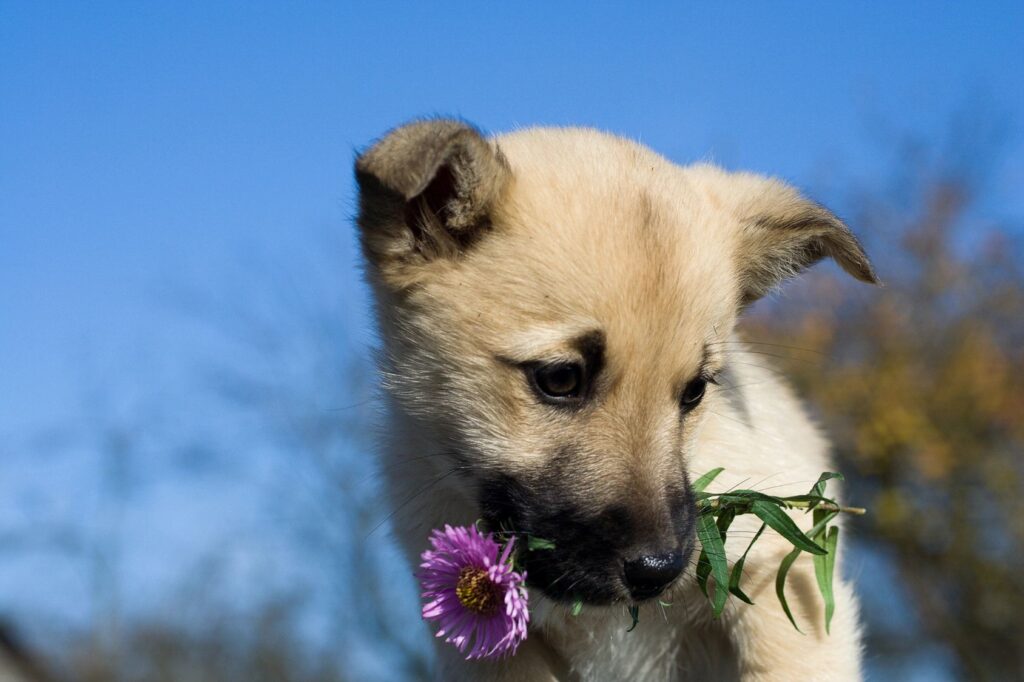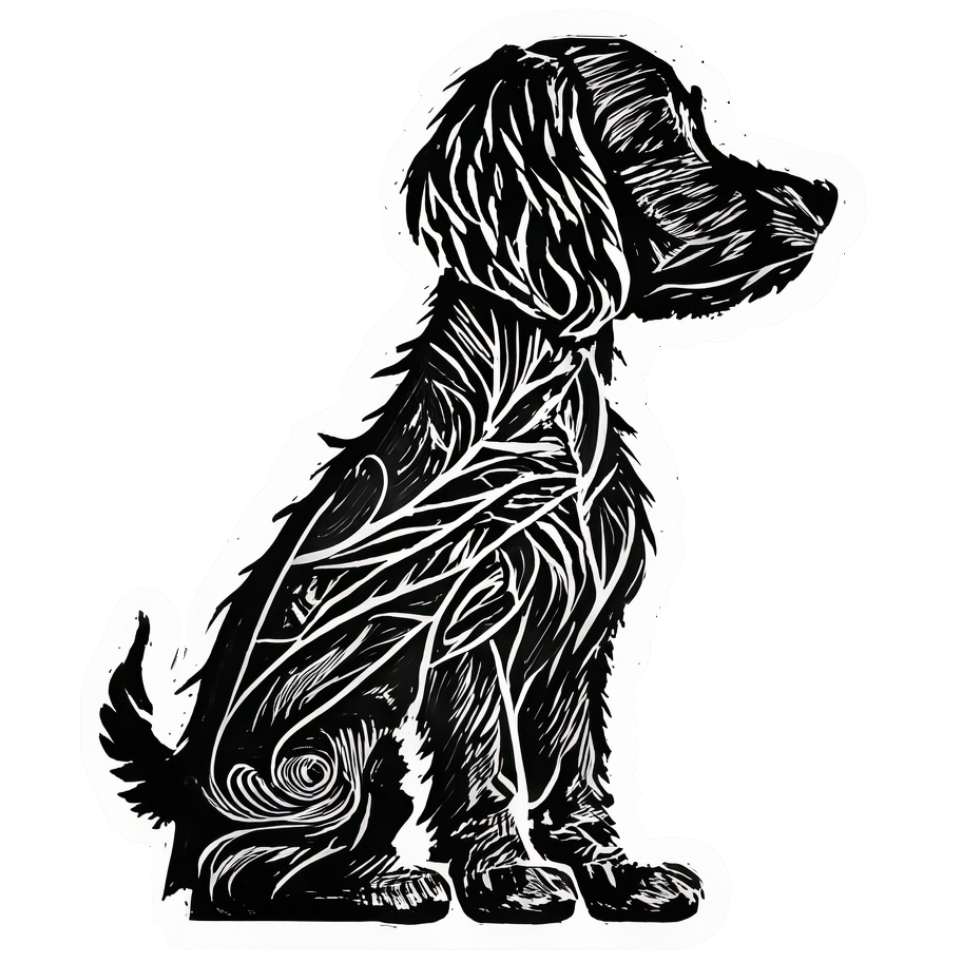A Comparative Exploration

Domestication has played a pivotal role in shaping human civilization, with various animals becoming integral to our societies. Among these, dogs hold a special place in our hearts. But how do they compare to other domesticated animals? This article delves into the distinctive attributes of dogs and contrasts them with other beloved domesticated species.
The Dawn of Domestication
- Dogs: Believed to be the first domesticated animal, dogs were initially drawn to human settlements for food scraps. Their roles evolved from scavengers to hunters, protectors, and eventually, companions.
- Other Animals: Animals like sheep, goats, and cattle were primarily domesticated for food sources, while horses and camels were valued for transportation. Cats, similar to dogs, were initially attracted to human settlements due to food availability and later became valued for pest control.
Roles in Human Societies
- Dogs: Beyond being mere pets, dogs have served as hunters, herders, guards, and even spiritual symbols in various cultures. Their adaptability has allowed them to fit into diverse roles, from sled dogs in icy terrains to therapy dogs in modern hospitals.
- Other Animals: While many domesticated animals have specific roles (e.g., cows for milk, chickens for eggs), some, like horses, have had varied roles, including transportation, warfare, and agriculture.
Emotional Connections
- Dogs: Often dubbed “man’s best friend,” dogs have a unique emotional bond with humans. Their loyalty, affection, and ability to read human emotions set them apart.
- Other Animals: While animals like cats, horses, and rabbits can form strong bonds with humans, the depth and nature of the connection often differ from that of dogs. For instance, cats are more independent, while horses often bond through shared activities.
Domestication Impact on Physiology and Behavior
- Dogs: Selective breeding has led to a vast array of dog breeds, each with specific physical and behavioral traits. From the tiny Chihuahua to the powerful Saint Bernard, the diversity is immense.
- Other Animals: Domestication has also impacted other animals, leading to variations within species. For example, domesticated cattle are often larger than their wild counterparts, and domesticated cats are generally more docile than wild felines.
Cultural and Historical Significance
- Dogs: Dogs feature prominently in myths, legends, and religious texts across cultures. From the loyal Hachiko in Japan to the revered Anubis in ancient Egypt, dogs have a rich cultural tapestry.
- Other Animals: Other domesticated animals also hold cultural significance. For instance, cats were revered in ancient Egypt, while cows are considered sacred in many parts of India.
While dogs share the domestication umbrella with many animals, their journey, roles, and bond with humans are distinct. Each domesticated species has its unique story and significance, but the relationship between humans and dogs is unparalleled in its depth and diversity. As we appreciate our canine companions, it’s also essential to recognize and value the myriad other creatures that have walked alongside humanity throughout history.
